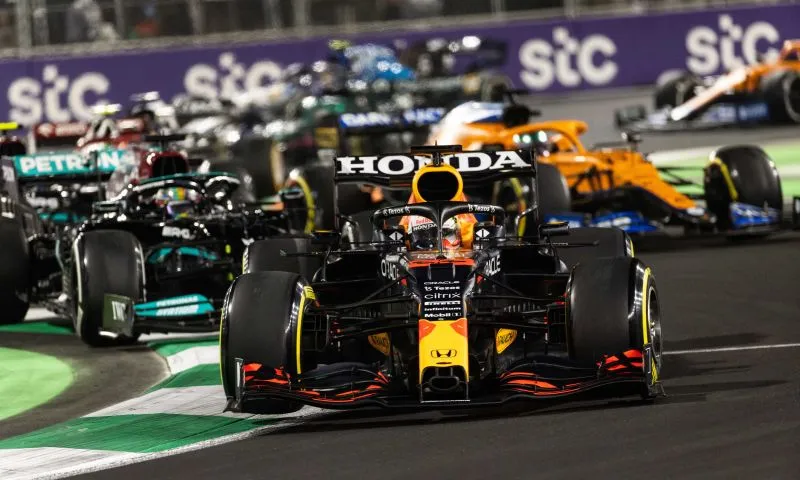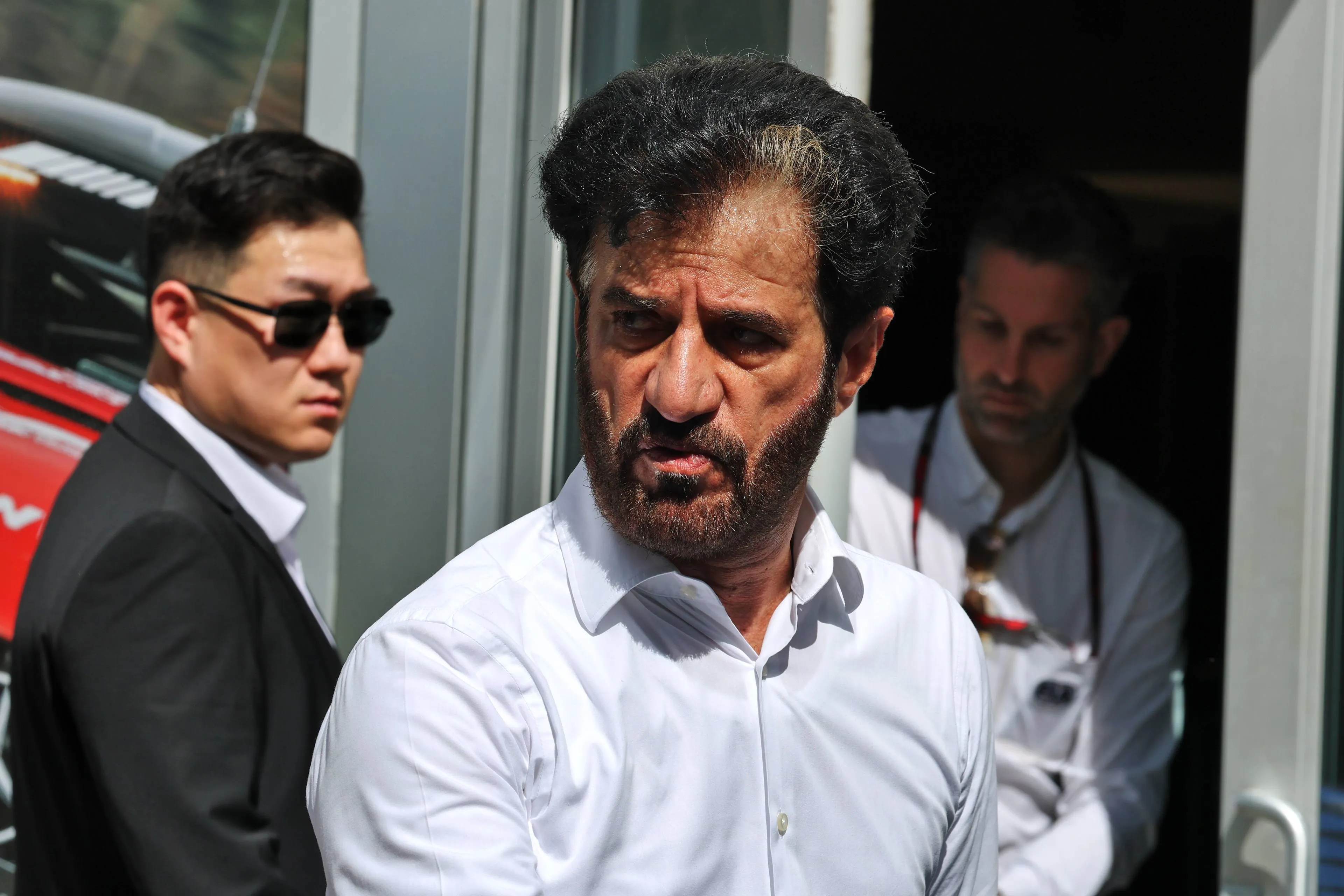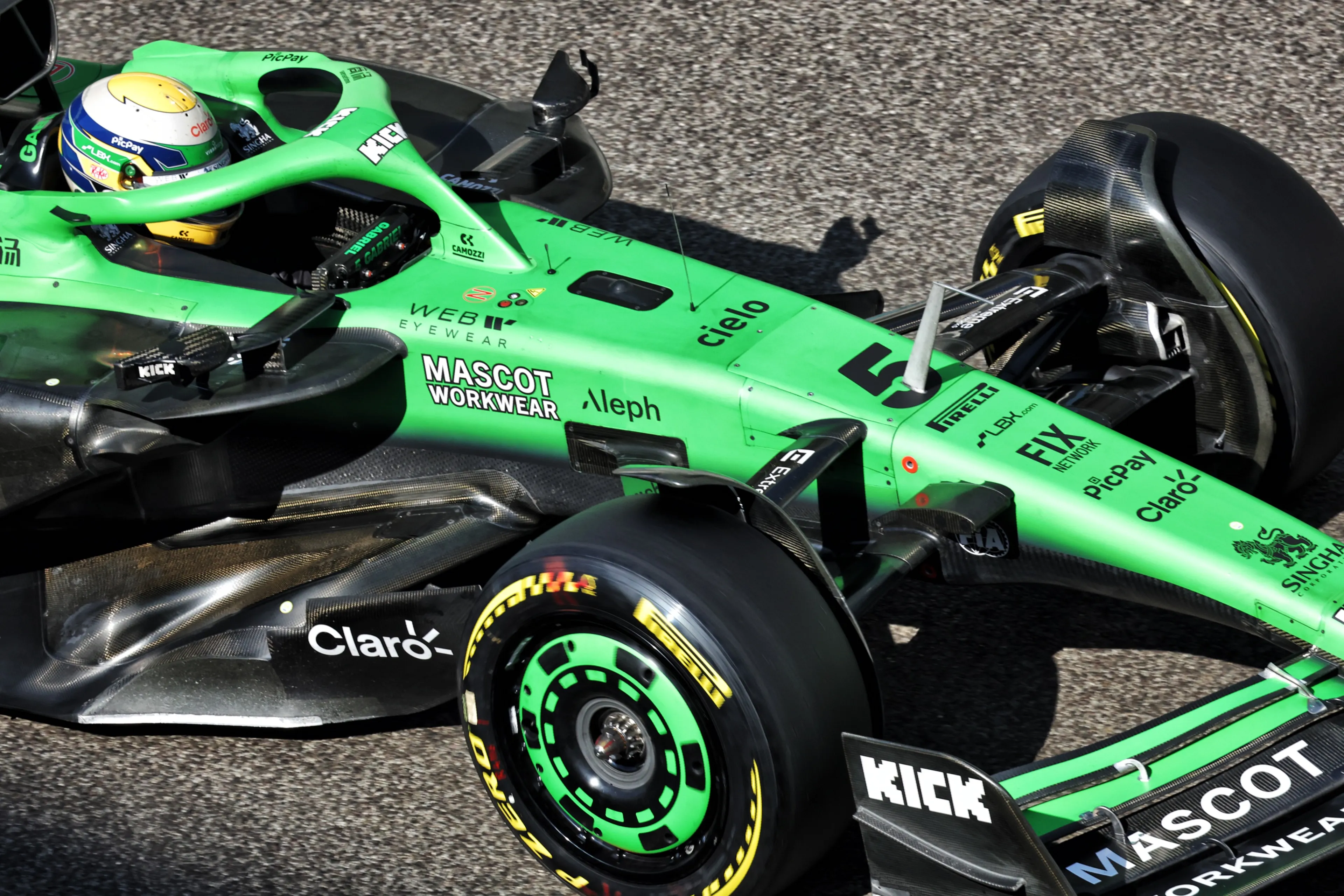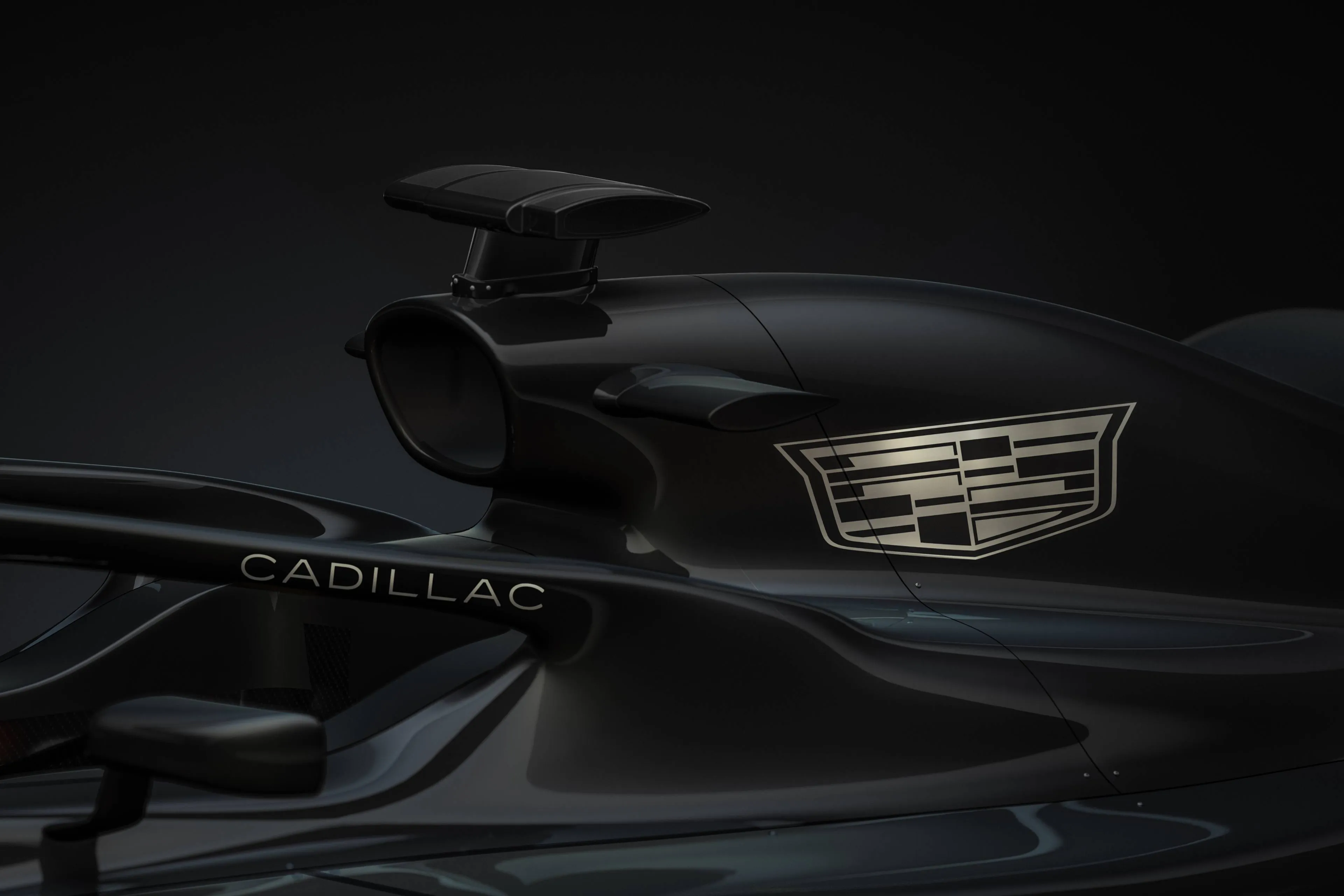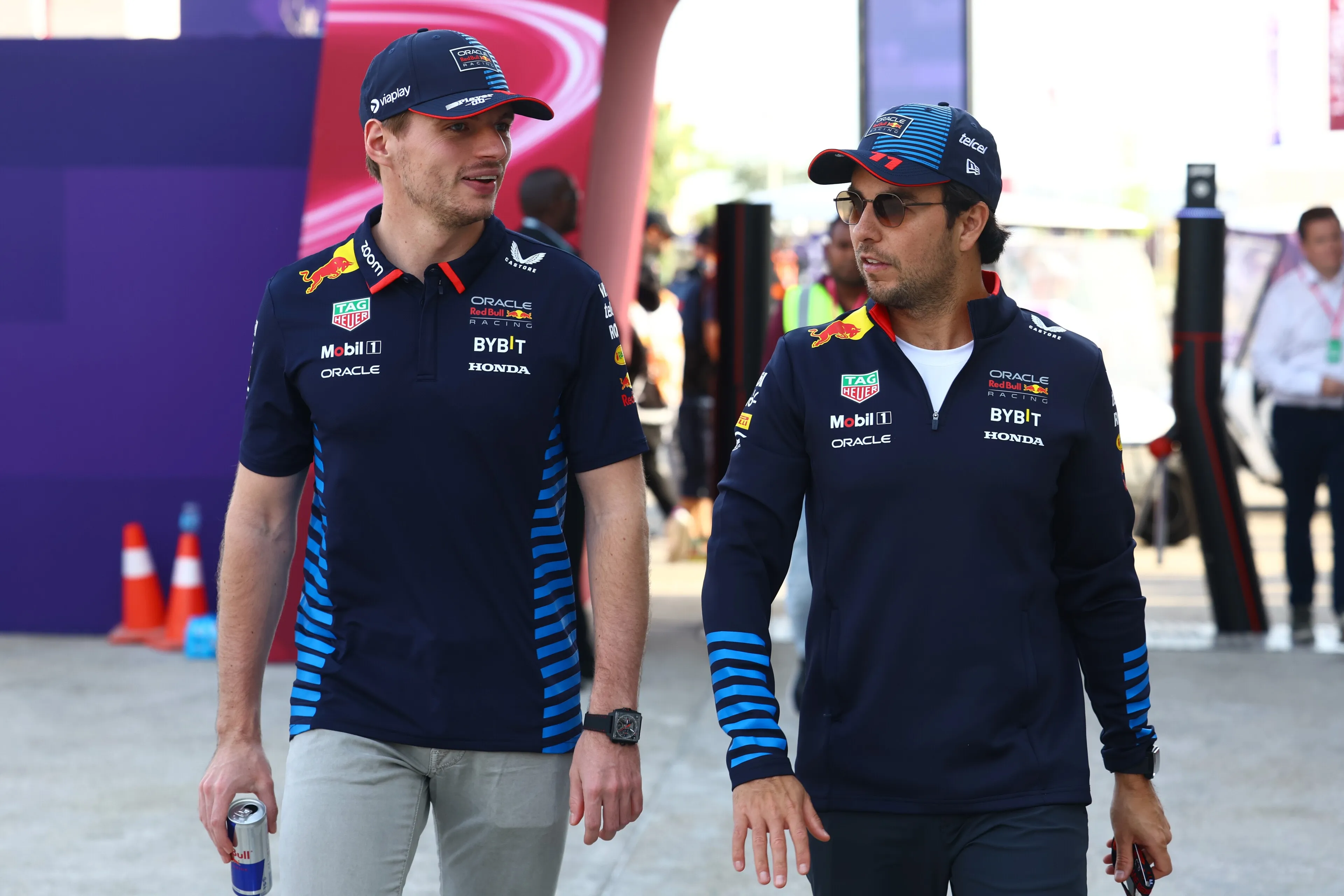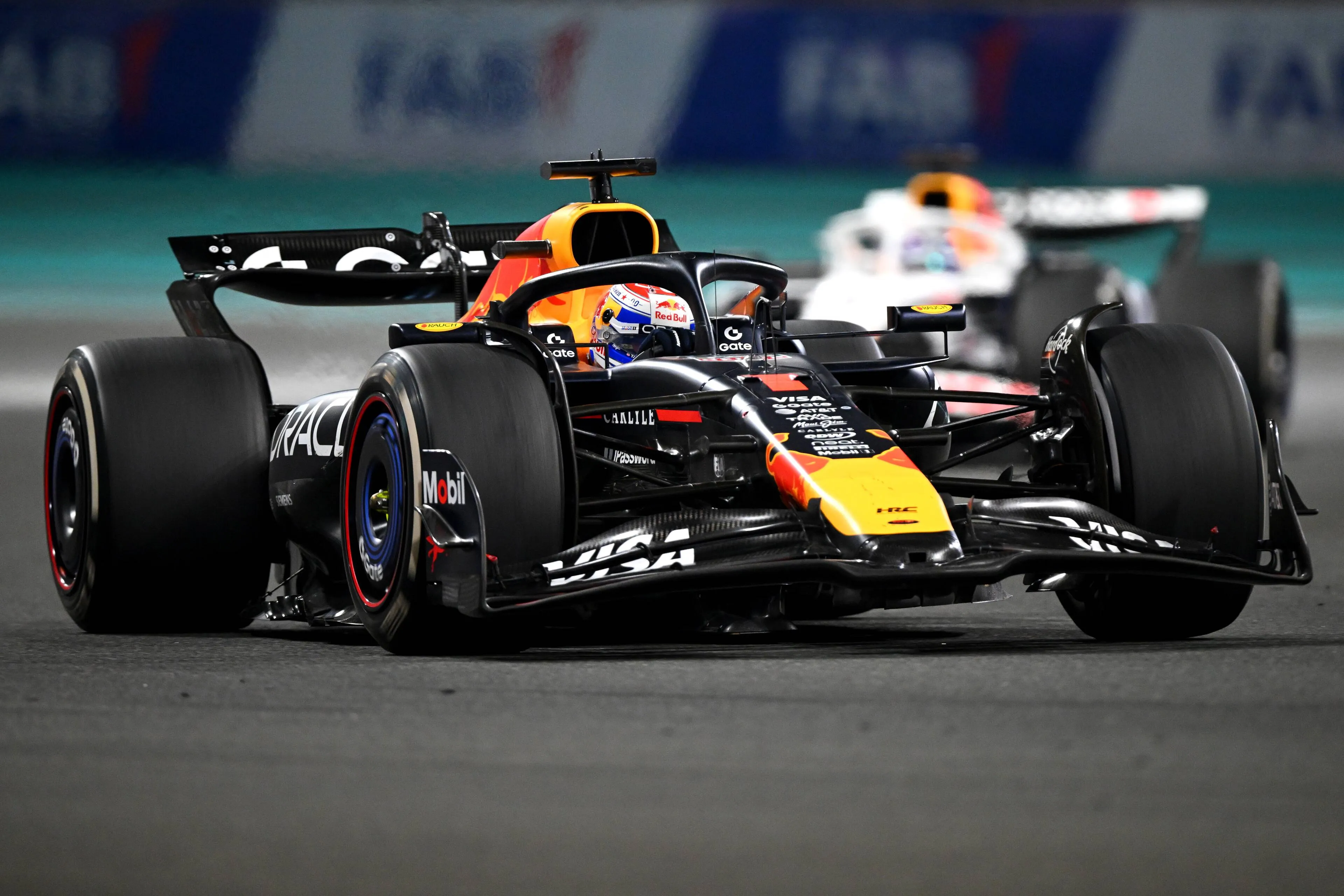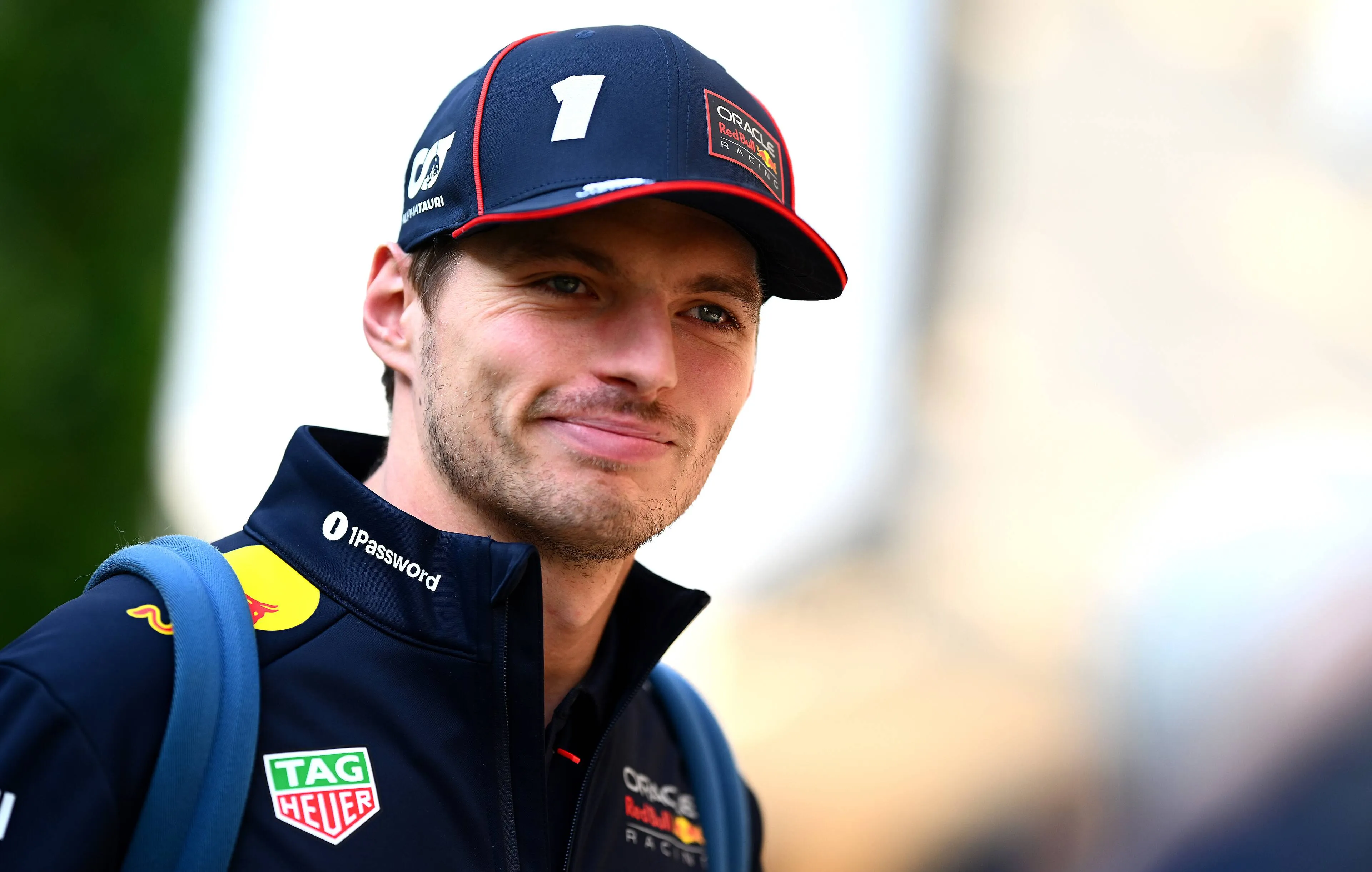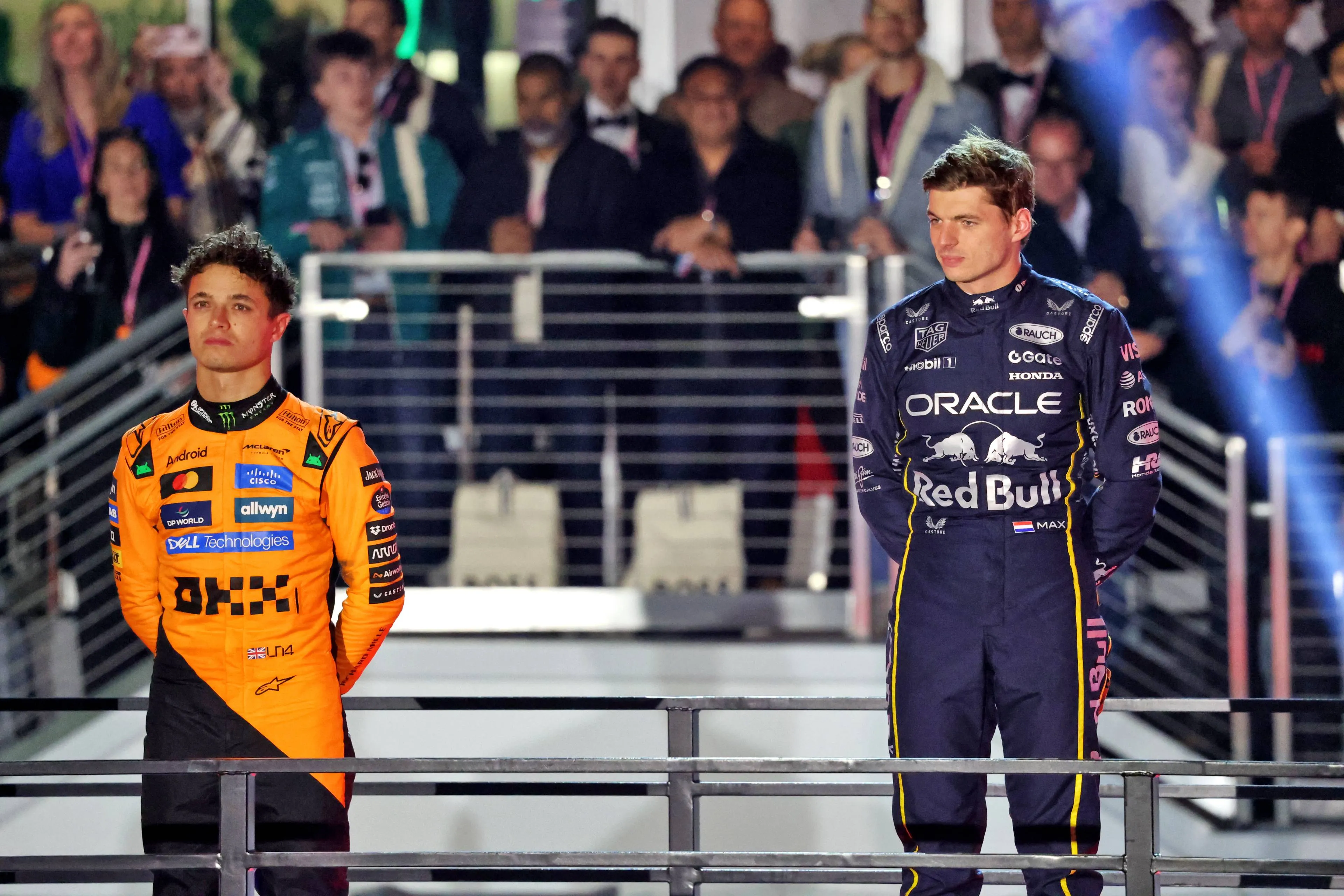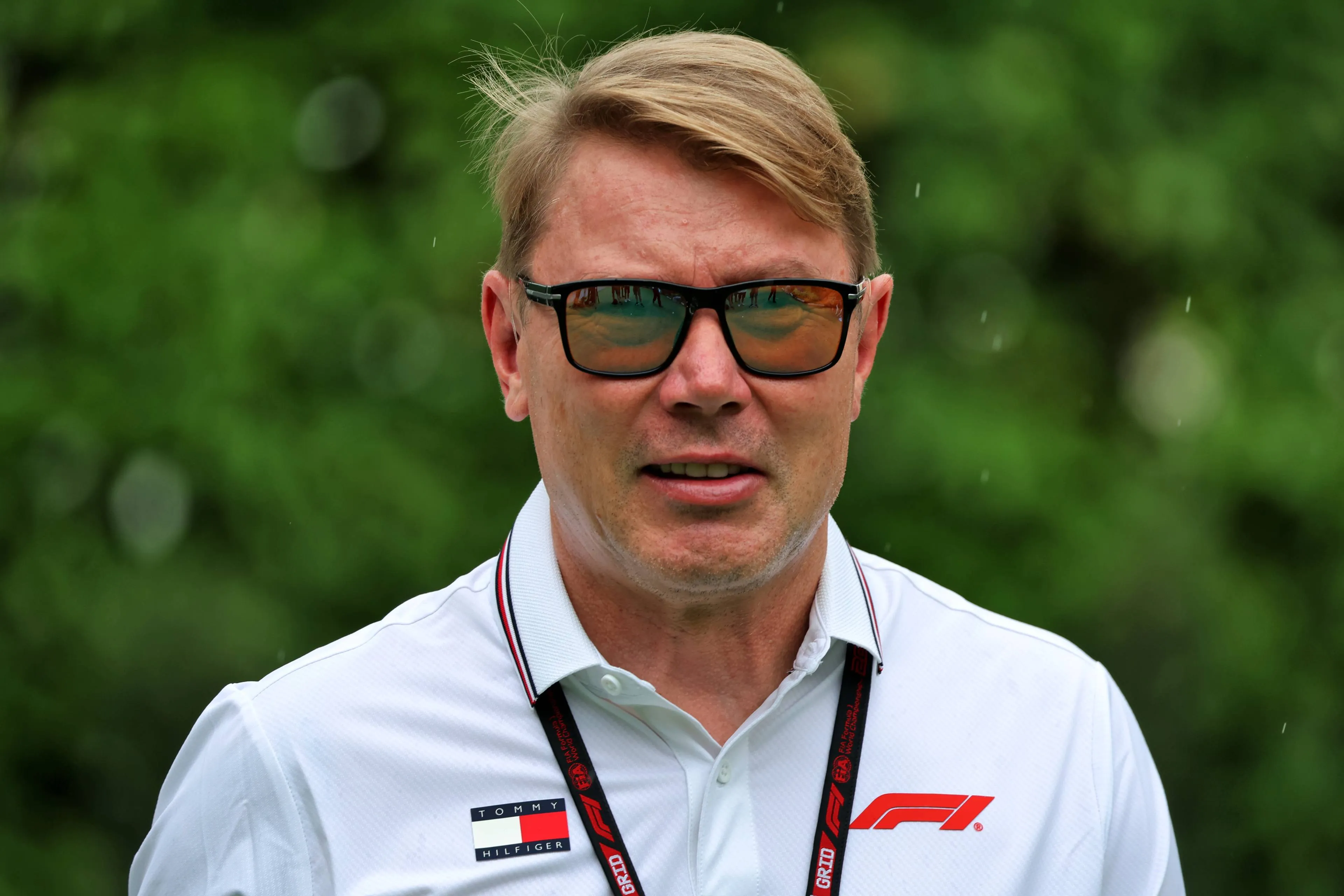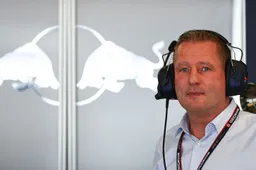During the Saudi Arabian Grand Prix Max Verstappen did his utmost to keep Lewis Hamilton behind him. The Dutchman had to give his spot back to the stewards this time after being allowed to keep his spot in Brazil. We asked the editors of GPblog NL and GPblog UK if they thought Verstappen was going too far in his defensive actions.
Tim Kraaij - Editor-in-Chief GPblog NL
In my opinion, overtaking someone off the track and coming off the track in defensive action has nothing to do with Formula 1. In my opinion, it was right that Verstappen had to give up his P1 for the restart and he should also receive a penalty for his defensive action towards Hamilton in turn 1. You can't blame Verstappen though.
It's the incredible inconsistency of the stewards that allows these situations to occur. In Brazil, the stewards approved Verstappen's defensive action off the track. He received no penalty then and as many said at the time, that would be a benchmark for upcoming duels. That proved to be the case in Saudi Arabia.
Here Verstappen, in an attempt to maintain his lead, did the same as in Brazil. This time, however, the stewards did not allow him to do so and there was also terrible miscommunication about whether or not to give the place back. Verstappen tried to do so, but still got a penalty.
In my opinion the defensive and offensive action of Verstappen is over the limit, but the problem lies with the FIA. As long as they do not provide clear guidelines and consistent penalties, the competitors will always push the limits. You can't blame Verstappen for that in the hunt for his first world title.
Rishi Wig - Editor GPblog UK
Verstappen is a staunch defender, there is no doubt about that. In a title fight where every position counts, he is quick to cut off any space and put his rival to the limit. In every instance, it is in the defender's right to cutoff a chance to go side-by-side on exit, but he has, on occasion, been able to balance this with leaving reasonable space to go wheel to wheel.
In a away, it is almost comparable to Kevin Magnussen's defensive capabilities, which tended to blur the lines between dirty driving and hard racing. It mostly depends on circuit architecture and whether an opportunity is available to write-off an attacker's challenge, or entertain their attempts."
Jordi Smit - Editor GPblog NL
Verstappen proved once again at the GP of Saudi Arabia that he is a potential world champion. The Dutchman is not one to be trifled with and fights for every metre, never allowing Hamilton to sit back for a moment this season. Verstappen's defensive actions, in which he sometimes pushes the boundaries of the regulations, are an important part of that. Other drivers simply have to be very good to beat him.
In Saudi Arabia it became clear again that Verstappen puts risk in his driving style. As a result, accidents cannot always be avoided and the Dutch driver sometimes puts a lot of guts into his driving. At the same time, the grey area of the rules is still within the lines and he is not to blame if the FIA does not punish him for his actions.
Although Hamilton believes his rival often goes too far, it is ultimately up to the FIA to draw a conclusion as to whether Verstappen's actions are within the lines. The Red Bull driver is taking the risk of being penalised at the same time. Hamilton and team boss Toto Wolff should not take on the role of the race director. All they have to do is get the most out of the car in Abu Dhabi.
Matt Gretton - Editor-in-Chief GPblog UK
A lot of this debate comes down to the inconsistencies in Formula 1. Over recent years track limits have changed not only from Grand Prix to Grand Prix but from corner to corner on the same circuit. To add to this, we’ve often seen changes midway through the weekend. Is it the white line? Is it the end of the kerb? Are there any track limits at all? In 2021, Formula 1 has been caught out big style by this and it has had an effect on things from Bahrain until now. The wide run-off zones around the world these days also create room for controversy.
This has created some confusion. In Brazil, Verstappen pushed both himself and Hamilton off the track to defend a position, this was deemed fine but in Saudi Arabia a similar event occurs and he gets a penalty for it. In that way, you can’t really blame Verstappen.
Verstappen never tries to avoid a collision. He likes to get his elbows out and who can really blame him? He’s fighting for his first Formula 1 World Championship. He might be young and has plenty of time left in his career, but you never truly know how many chances you’re going to get to win the Formula 1 title. This point is more intense in 2021 with the rule and regulation changes coming next season. Verstappen has gone a little bit too hard in recent weeks, but that’s motorsport.
Femke Notermans - Editor GPblog NL
Under normal circumstances, I would have said that Verstappen's defensive actions go too far. By handing out earlier penalties, the FIA has shown that actions, where drivers are forced wide or run off track, are not accepted. In Austria, both Sergio Perez and Lando Norris were penalised for this.
However, by not investigating or punishing Verstappen's action in Brazil the FIA has sent the message to drivers that such actions are allowed. The defensive actions of the Dutchman in Saudi Arabia were similar to those in Brazil, but the inconsistency of the FIA resulted in a penalty for the Dutchman.
Verstappen himself said after the race that it is now unclear what is allowed and what is not. I agree that drivers are not allowed to overtake or force others off the track, but the situation in Brazil gave the Red Bull driver the green light to try the same action again. I think there's a limit, but as long as the FIA doesn't crack down and remain consistent, Verstappen's right to defend strongly.
Read more about:
Popular on GPBlog
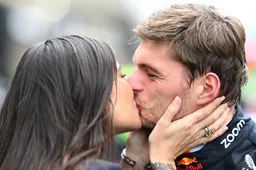
1
Kelly Piquet posts Verstappen showing the sea to daughter Lily
2658 times read
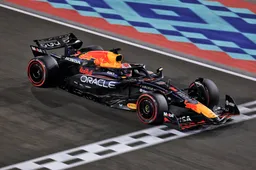
2
Key Red Bull Racing figure begins new job at rivals McLaren
2186 times read

3
Piastri breaks silence on collapsed Alpine deal ahead of F1 debut
2019 times read
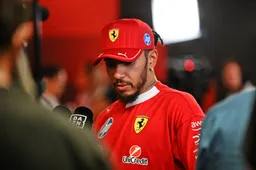
4
Steiner delivers blunt verdict on Hamilton’s 2025: 'There's no excuse'
1097 times read
Loading
